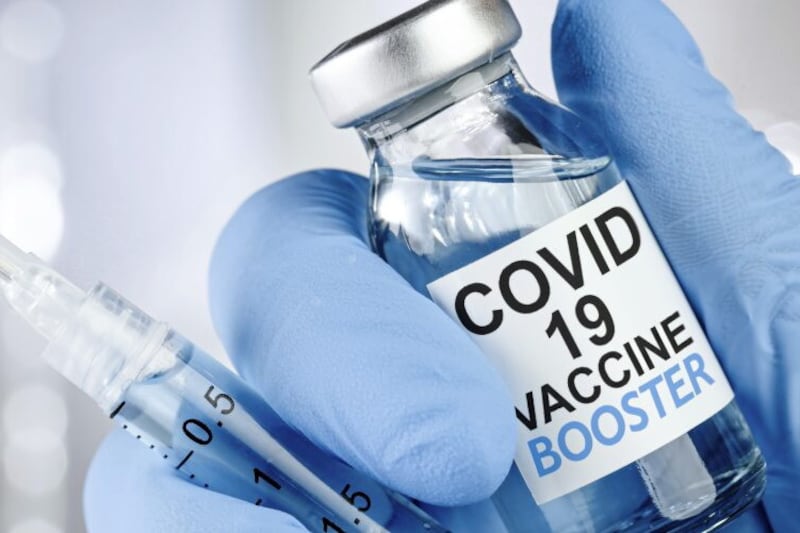PARENTS have been urged to talk to their children about the potentially lethal effects of vaping unknown substances such as spice.
The Public Health Agency issued the warning for the synthetic drug, which mimics the effects of cannabis.
Kevin Bailey, Regional Lead for Drugs and Alcohol at the PHA, said: “Synthetic cannabinoids are relatively new drugs and evidence is still coming out about harms associated with their use. However, we do know that people can have severe reactions after using them, and using with vapes could make them even more unsafe.”
He said the contents or strengths of products within vapes could not be fully verified, meaning the effects and duration of the effects could be “unpredictable” and change depending on the product and type of synthetic cannabinoid.
With hundreds of different combinations, he said some were stronger and more toxic than others, meaning there was no way of knowing what you were taking.
“The dangers of taking these substances also increase if you add other drugs to the mix including alcohol, prescription medication and other illicit substances,” he said.
“You can become dependent on synthetic cannabinoids with regular use. For some people who use them frequently, dependence can develop quickly.
“Inhaling synthetic cannabinoids, including spice, through a vape is extremely dangerous for young people.”
The PHA is working to raise awareness of the issue with community and voluntary organisations, local councils, the PSNI, education sector as well as health and social care partners.
“For young people, using substances is particularly dangerous during a time when they are still developing physically and mentally, with drugs having the potential to damage their cognitive and emotional development,” Mr Bailey said.
“Parents and guardians can play an important role in helping young people understand the risks, so they don’t choose to take drugs without realising the harm they could be exposing themselves to. Don’t wait until there’s a problem before you decide to talk.
“It is important to advise young people that regardless of what they have been told, even by a close friend, that it is impossible to know what is contained in these substances. All drugs, whether alcohol, illegal drugs or prescription medication, carry risks.”
For young people with someone who has taken drugs and become unwell, the PHA urged them to seek medical help immediately.
“It might be frightening and they will be scared of getting into trouble, but they need to look out for their friends, stay with them and get them help – it could save their lives,” a spokesperson said.
Further information on how to help someone who may have a problem with alcohol and/or drugs is available at www.DrugsAndAlcoholNI.info.








